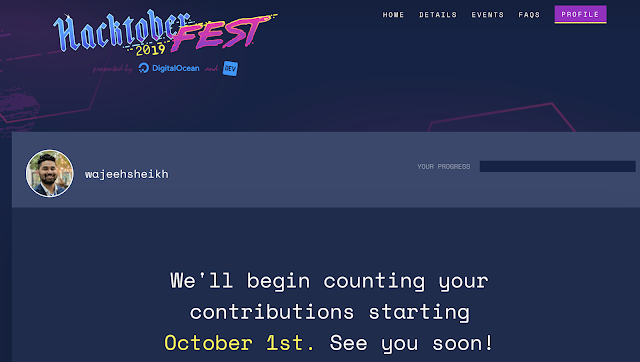Red Hat OpenShift Origin
Red Hat has become a powerhouse, not only in the open-source community but in the modern technology industry. Red Hat revolutionized the operating system market with Enterprise Linux and now boasts a vast portfolio of software including hybrid cloud infrastructure, middleware, and many development applications.
I can write a book about Red Hats' impressive selection but today's blog is about Red Hat OpenShift Origin. OpenShift is an open-source container application Platform as a Service (PaaS) for the development, deployment, and management of applications. It works with Docker-formatted containers and manages them with the Kubernetes container orchestration platform. This is all run on top of Red Hats Enterprise Linux (RHEL). OpenShift's rise to fame has come from its automation of large amounts of containers. Hense, saving developers time from performing manual intensive tasks required for the managing of containers. Openshift is known to support different virtualization environments, public cloud, and OpenStack environments.
Diving deeper into OpenShift we look at it's free to use counterpart OKD (The Origin Community Distribution of Kubernetes) aka Origin in the GitHub world. Origin performs the same exact operations as OpenShift without the paid support of Red Hat. OKD is a platform containing developer and operation tools on top of Kubernetes that enable rapid and easy application deployment and management. It makes pushing code to your Git repository and automatically deploying an application a one-stop task. Has a handy web console and command line. Multi-tenancy support, build and network communication. Centralized administration of an entire stack, team, or organization.
The GitHub detailed documentation feature Installation, OKD API, Kubernetes, and security.
You can contribute to OKD by developing locally on your host or with a virtual machine. OKD provides a detailed contributing guide with step by step instructions on all pre-requirements. Currently, OKD is built with the programming language GO 1.9 and uses Docker on Fedora/CentOD/RHEL. You can develop OKD on Windows, MAC, or Linux but you will need Dockers installed on Linux to actually launch containers.

Comments
Post a Comment